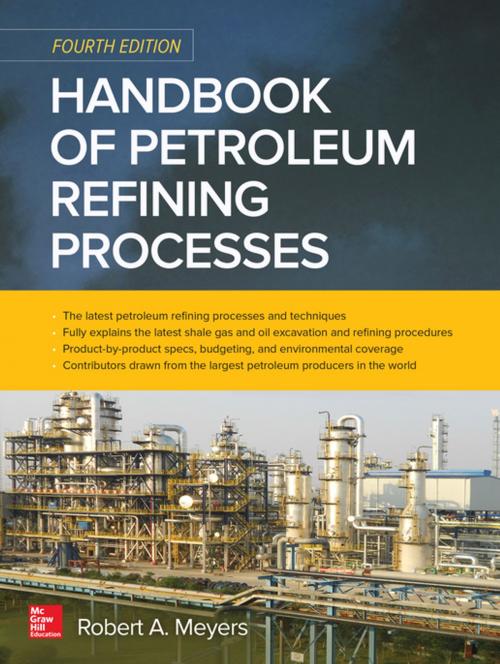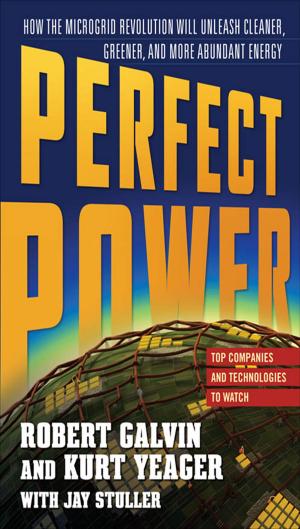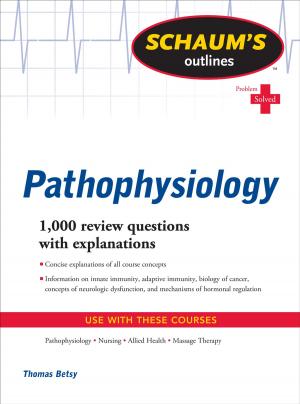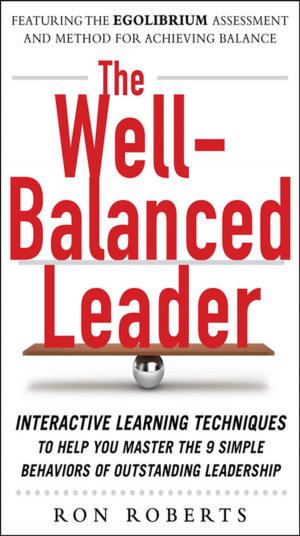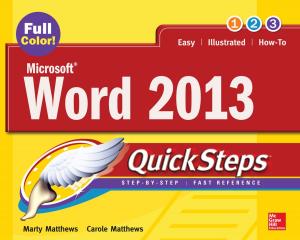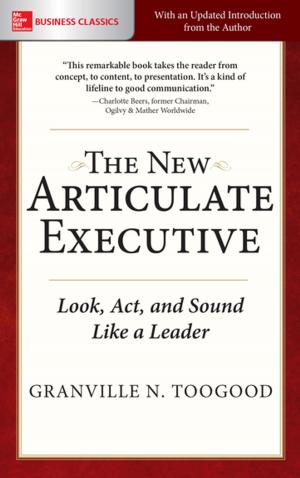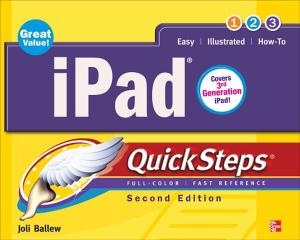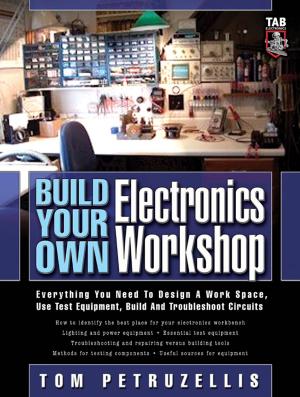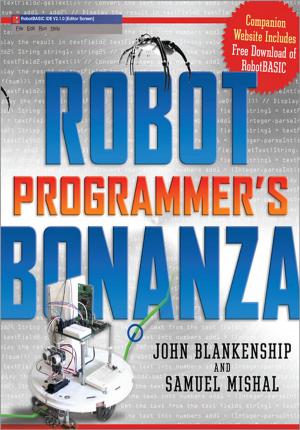Handbook of Petroleum Refining Processes, Fourth Edition
Nonfiction, Science & Nature, Technology, Petroleum, Engineering, Industrial| Author: | Robert A. Meyers | ISBN: | 9780071850506 |
| Publisher: | McGraw-Hill Education | Publication: | March 18, 2016 |
| Imprint: | McGraw-Hill Education | Language: | English |
| Author: | Robert A. Meyers |
| ISBN: | 9780071850506 |
| Publisher: | McGraw-Hill Education |
| Publication: | March 18, 2016 |
| Imprint: | McGraw-Hill Education |
| Language: | English |
This fully revised resource presents the latest technologies and processes for petroleum refining from the world’s leading producers.
Handbook of Petroleum Refining Processes has become a key reference in the chemical and petroleum engineering markets. The book is unique in that it presents licensable technologies for the refining of petroleum and production of environmentally acceptable fuels and petrochemical intermediates. The new edition covers the gamut of global refining technologies in light of recent changes to the sources of these fuels, as well as the most up-to-date global environmental regulations. Contributions come from such major licensors of petroleum refining technology as UOP, Inc., Shell, ExxonMobil Research and Engineering Company (EMRE), Chevron Lummus Global, Phillips 66, Belco, BP, and others.
The new edition shifts its emphasis to accommodate the increased production of shale gas and shale oil which is changing the overall mix of hydrocarbon feeds. Declining conventional crude production and the need for regional energy independence continues to drive demand to use lower-cost, alternate feedstocks such as coal, shale oil, and heavy crude. To use alternate feedstocks in existing refineries, many processes need to be modified. The increase in diesel demand and stricter fuel specifications is driving refiners to look for ways to produce higher yields from existing assets. The book reflects these factors, plus the increase in residue conversion; hydrocracking evolving as a primary conversion process; and hydrotreating increasing as a way to treat virgin and cracked middle distillate streams.
- Offers detailed description of process chemistry and thermodynamics and product by-product specifications of plants
- Contributors are drawn from the largest petroleum producers in the world, including Chevron, Shell, ExxonMobil, and UOP
- Covers the very latest technologies in the field of petroleum refining processes and the shift toward shale gas and oil
- A complete listing and explanation of licensable global technologies for the refining of petroleum and the production of environmentally acceptable fuels and petrochemical intermediates
- Provides product-by-product specifications and process economics – capital investment annualized capital costs and the price range for each product
This fully revised resource presents the latest technologies and processes for petroleum refining from the world’s leading producers.
Handbook of Petroleum Refining Processes has become a key reference in the chemical and petroleum engineering markets. The book is unique in that it presents licensable technologies for the refining of petroleum and production of environmentally acceptable fuels and petrochemical intermediates. The new edition covers the gamut of global refining technologies in light of recent changes to the sources of these fuels, as well as the most up-to-date global environmental regulations. Contributions come from such major licensors of petroleum refining technology as UOP, Inc., Shell, ExxonMobil Research and Engineering Company (EMRE), Chevron Lummus Global, Phillips 66, Belco, BP, and others.
The new edition shifts its emphasis to accommodate the increased production of shale gas and shale oil which is changing the overall mix of hydrocarbon feeds. Declining conventional crude production and the need for regional energy independence continues to drive demand to use lower-cost, alternate feedstocks such as coal, shale oil, and heavy crude. To use alternate feedstocks in existing refineries, many processes need to be modified. The increase in diesel demand and stricter fuel specifications is driving refiners to look for ways to produce higher yields from existing assets. The book reflects these factors, plus the increase in residue conversion; hydrocracking evolving as a primary conversion process; and hydrotreating increasing as a way to treat virgin and cracked middle distillate streams.
- Offers detailed description of process chemistry and thermodynamics and product by-product specifications of plants
- Contributors are drawn from the largest petroleum producers in the world, including Chevron, Shell, ExxonMobil, and UOP
- Covers the very latest technologies in the field of petroleum refining processes and the shift toward shale gas and oil
- A complete listing and explanation of licensable global technologies for the refining of petroleum and the production of environmentally acceptable fuels and petrochemical intermediates
- Provides product-by-product specifications and process economics – capital investment annualized capital costs and the price range for each product
